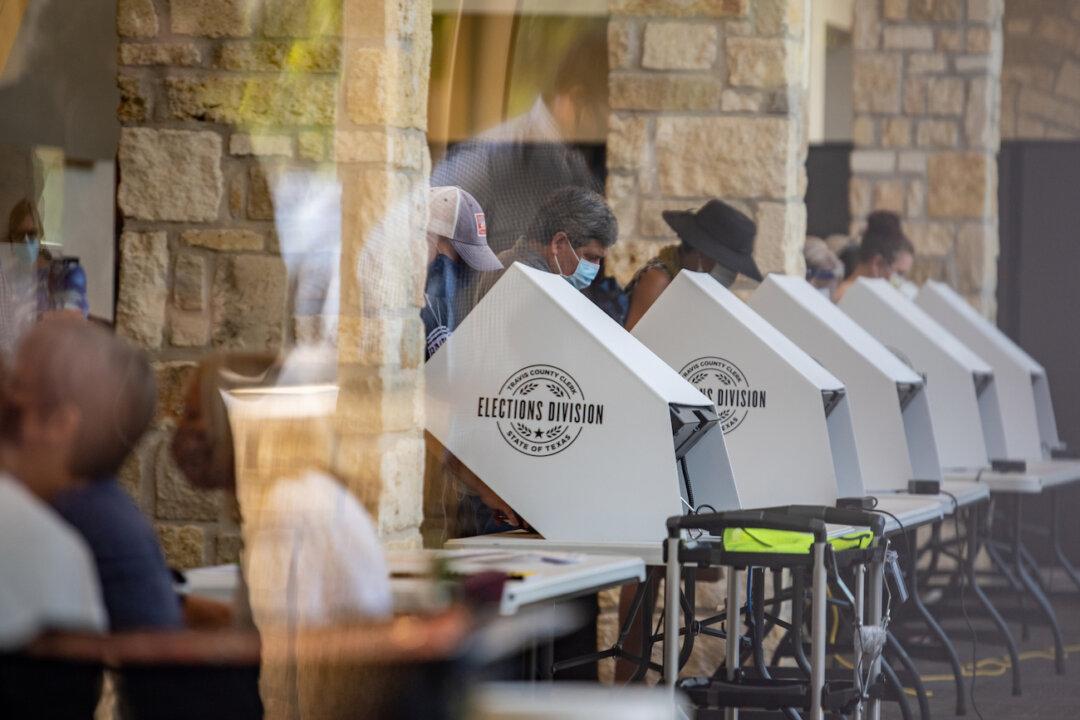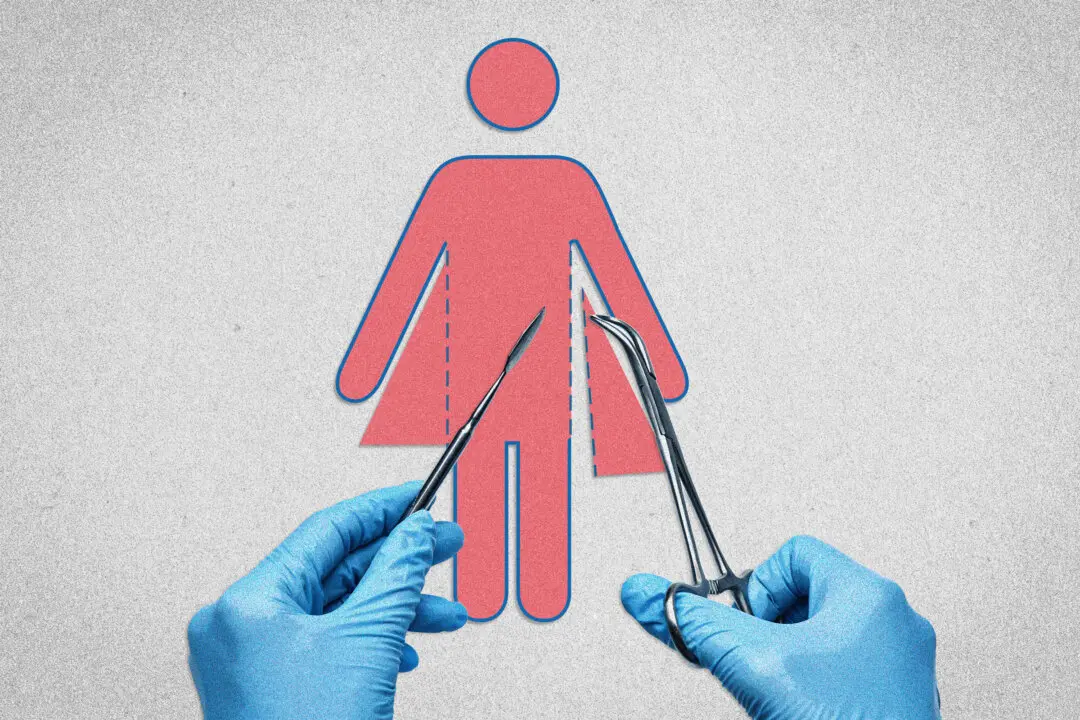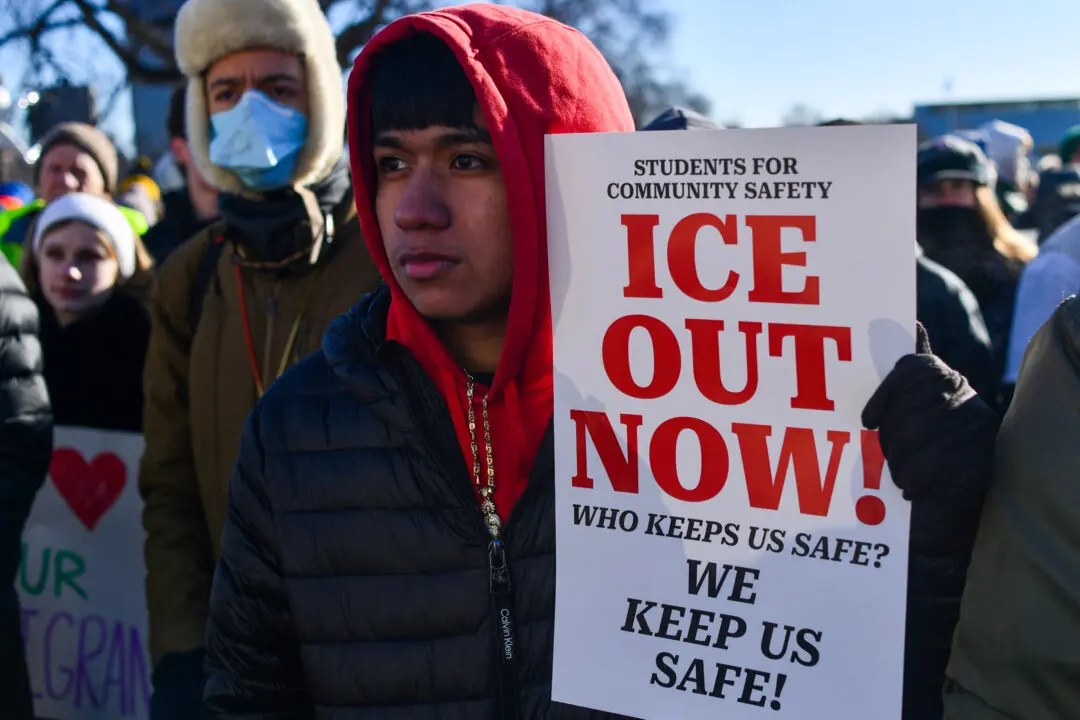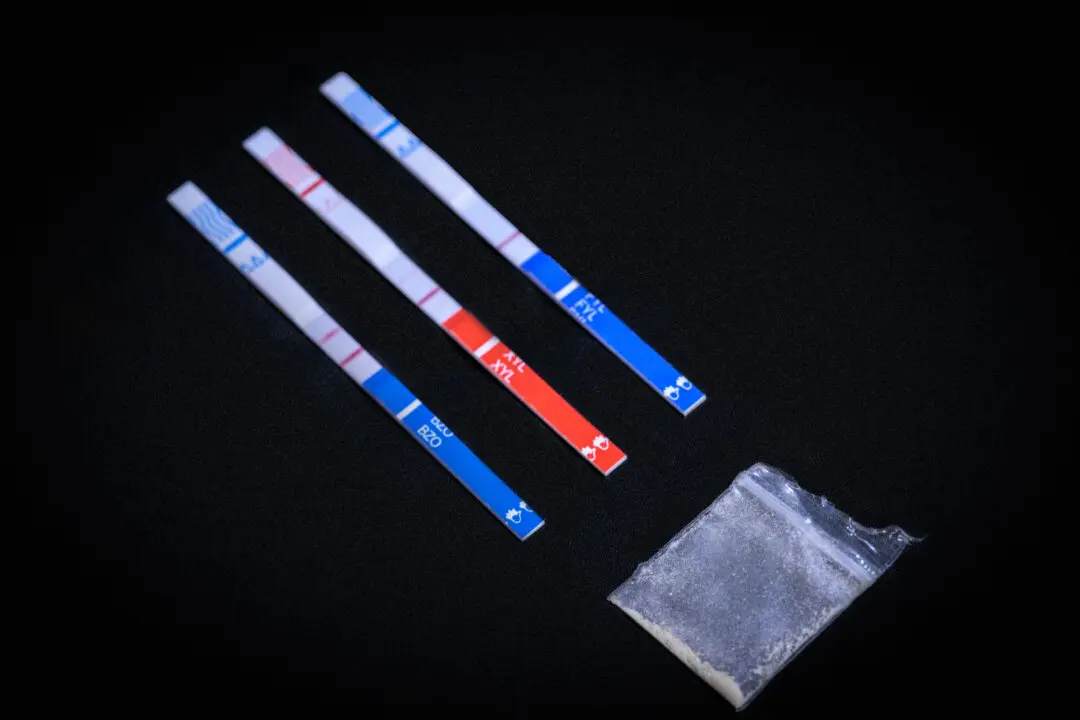Ballots cast in Texas elections are considered records that the public has a right to access, according to an opinion released by Texas Attorney General Ken Paxton.
The decision allows the public and members of the Texas Legislature to view and copy ballots cast anonymously without delay. Anonymous ballots are those with no identifiable information about the voter, or ballots with voter-identifying data redacted.





